
Shulamit Ber Levtov Supports Woman Entrepreneurs' Mental Health & Well-Being
June 7, 2024
Hi, Shulamit! Please share a brief introduction about yourself and your business:
I’m Shulamit Ber Levtov, MA, RSW, CCTP, aka The Entrepreneurs’ Therapist. I’m passionate about mitigating the entrepreneurial mental health crisis and transforming the entrepreneurial ecosystem to include the whole human in business. I do that through speaking, teaching, and consulting, as well as working 1:1 with women biz owners to support their mental and emotional well-being in an era of relentless stressors that can make you want to lose your crap on the daily.
What excites you about being an Entreprenista League member?
I love a supportive community. I think it's one of the best mental health tools there is. I'm excited about connecting with peers in Canada and internationally for friendship and mutual support.
We couldn't agree more! What made you take the leap to start your own business?
I've had businesses since 1990-ish. They were always combined with contracts or salaried work. When I sustained a work injury, I retrained to be a therapist. But as an older woman entering a job market as a newbie, my employment prospects weren't great, and I needed sustainable work I could do as I aged. So I knew from the moment I went back to school that I'd have a full-time private practice business.
What was your background prior to starting your own business?
The overall umbrella of my professional work has been communication. I started school in social work in my 20s, got diverted into radio and TV, then became a PR and media consultant, and finally was head-hunted as a translator. It was as a translator that I sustained injuries that prevented me from typing or sitting for any length of time.
Take us back to when you first launched your business, what was your marketing strategy to get the word out and did it go as planned?
In my first businesses, I wasn't thinking of them as businesses. But when I got serious about running a business, as a therapist with a brick-and-mortar business, my main strategy was to connect with referral sources in the small community where my office was. I did a lot of public speaking, free workshops, and was a member of many community organizations and business networking groups in the area.
What is the biggest challenge you have encountered along the way and what did you learn from it?
Dyscalculia (undiagnosed until a few years ago) and the associated literal traumas from child- and adulthood made money and numbers very difficult. I have done my own work around money and financial trauma and then got certified as a Trauma of Money facilitator and a Financial Social Worker because I understood that this was the final missing piece in my ability to support women entrepreneurs. This journey reinforced that I am capable of addressing and resolving any challenge that comes along. The big 'a-ha' from all this was, "I'm not bad with money—in fact, I'm very good with money—I just struggle with numbers." That was liberating.
What is the accomplishment you are the most proud of to date?
I'm now celebrating my 7th year in full-time self-employment (and I've been able to pay myself every month but one).
A major accomplishment! Do you believe in work/life balance? What are some of your best tips?
I think flow is a better way to look at it. My best tip is to identify your lead and lag indicators for your mental and emotional well-being and track them on a regular basis like you would any others in your business. Do this with a weekly check-in where you assess your lag indicators, review your lead indicators, and make a plan for the coming week as a function of what you've learned.
What have you achieved recently that you'd like to celebrate with our community?
I'm now a certified Financial Social Worker. I'm excited about this because, as regulated health professionals, our codes of ethics say we can't hold ourselves out as having a specialty unless we have documented evidence of our competence. So now I can state clearly that I am doubly professionally qualified as a mental health professional who supports women to heal their money trauma. This is especially important because money is such a pivotal part of business (and life) and yet shame and other difficult emotions, as well as difficult experiences with money as children and as adults, have a significant impact on our money behaviors. Healing our money traumas is an important step for business owners so they can be empowered and in choice with their money.
What's next for your business? What can we expect to see over the next few years?
I'm expanding the consulting, speaking, and teaching side of my business. As I mentioned earlier, I’m passionate about mitigating the entrepreneurial mental health crisis and transforming the entrepreneurial ecosystem to include the whole human in business. In 2019, the Canadian Mental Health Association conducted a study on the mental health impacts of entrepreneurship and recommended that mental health education and tools be integrated into all business programs, schools, incubators, and accelerators nationally. I am actively working to make this a reality. So Canadians especially can expect to see me at conferences and teaching about the topic of entrepreneurship and mental health. You won't likely see me doing this, but I expect to be consulting even more on curricula in business programs, schools, incubators, and accelerators.

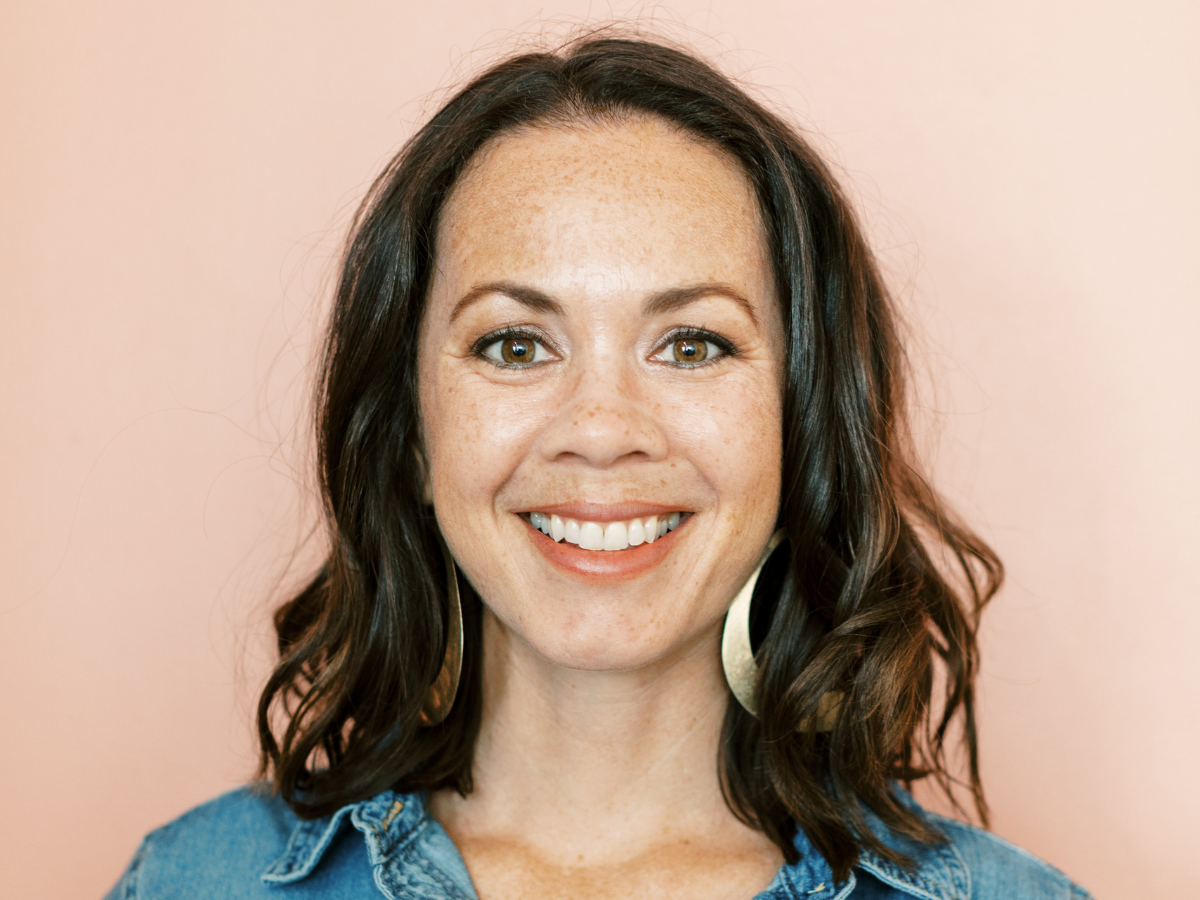
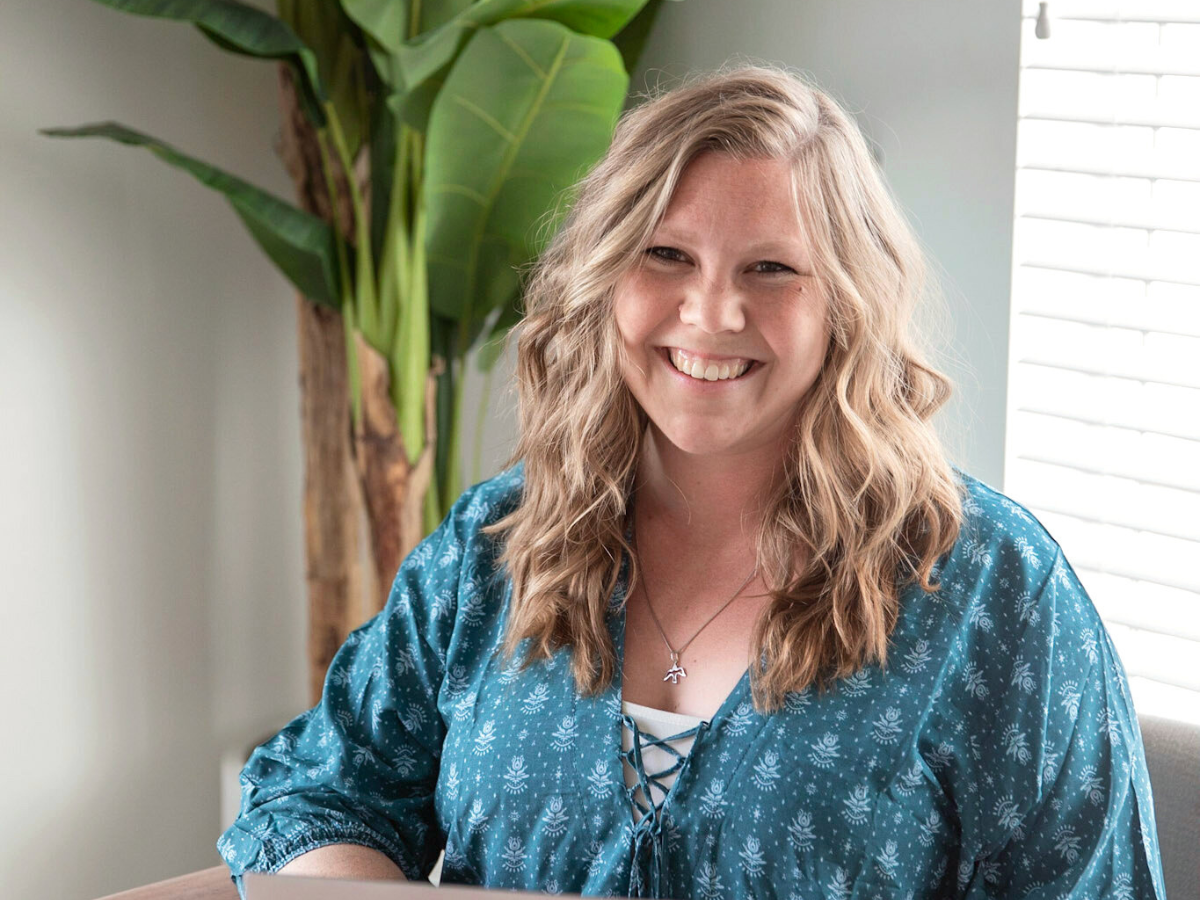
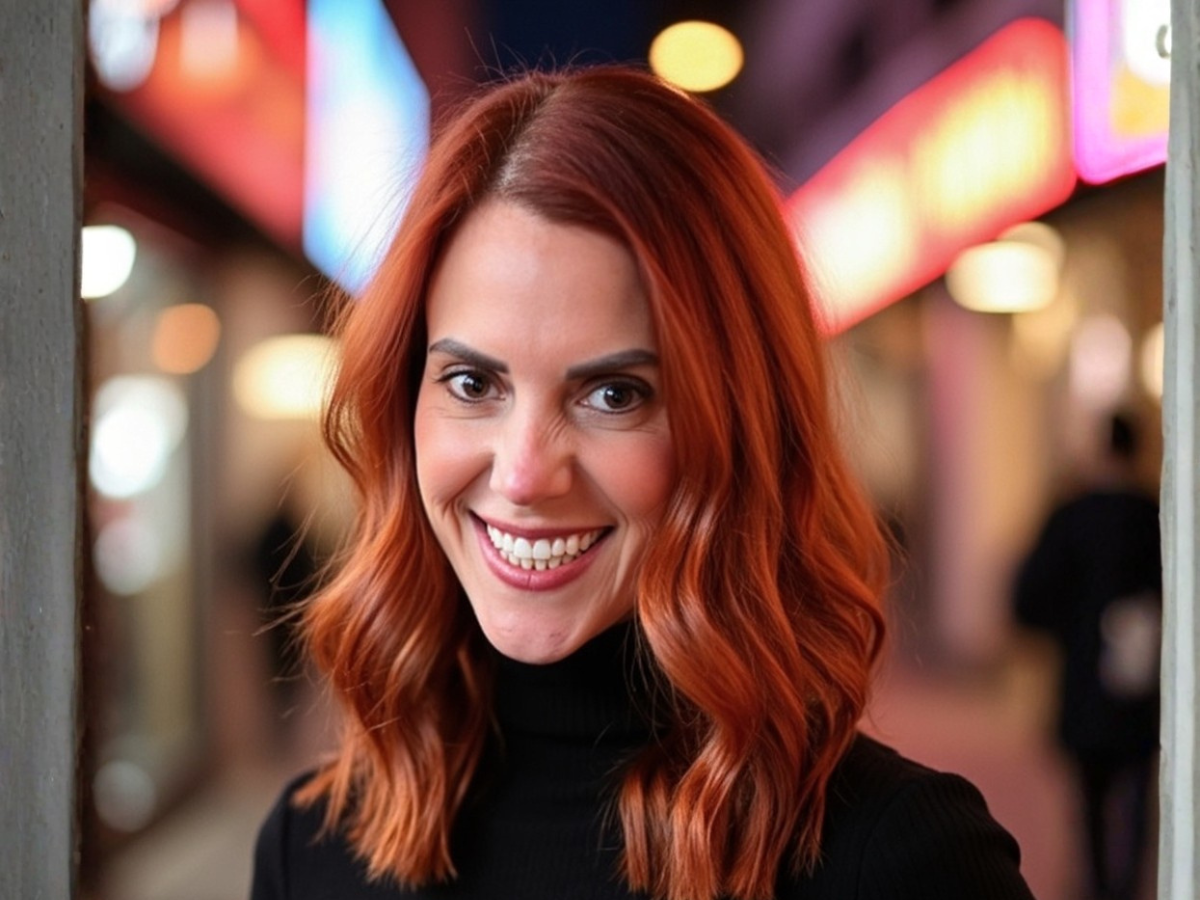



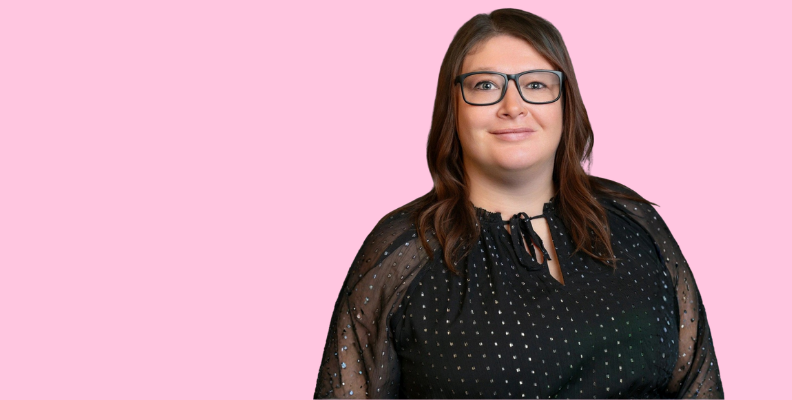
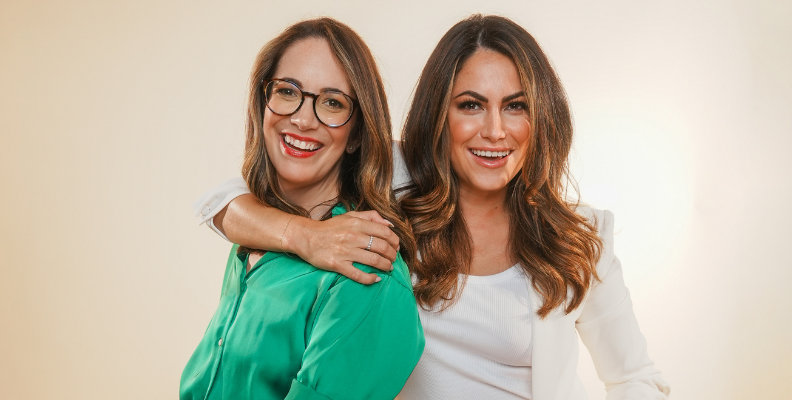
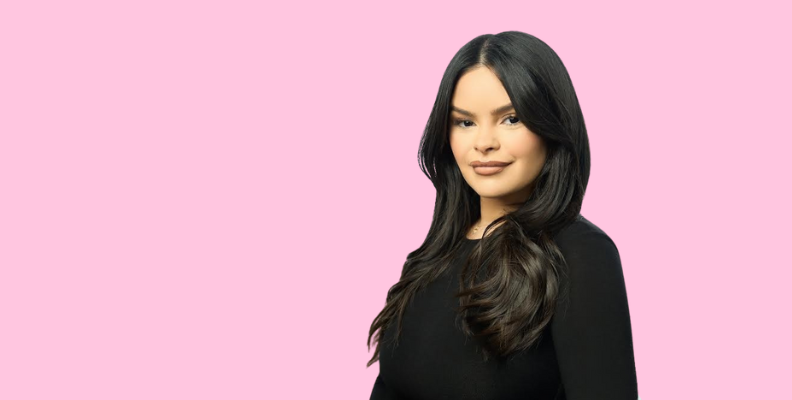
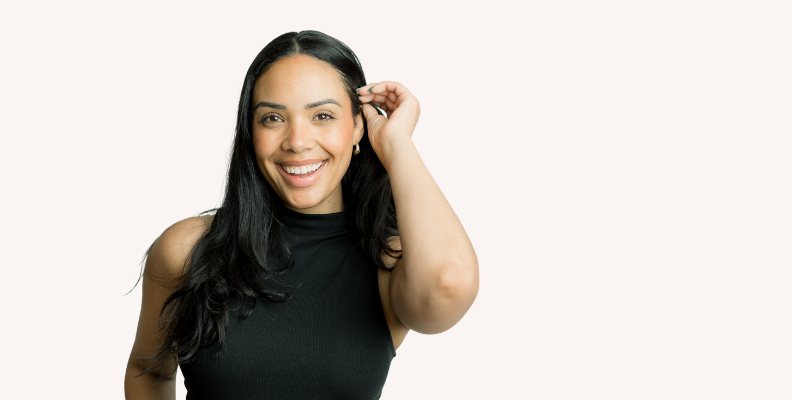


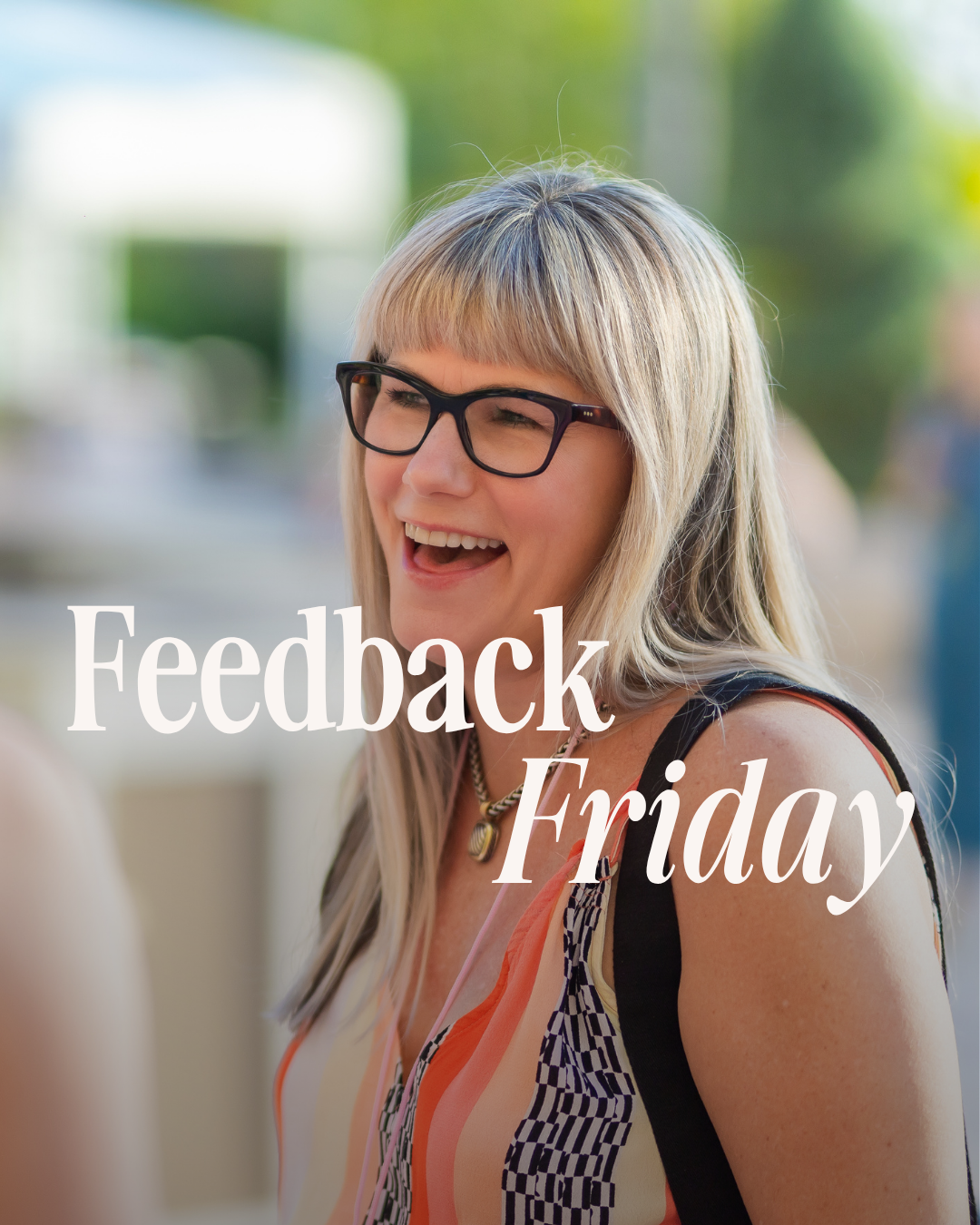


%20(1).png)



.avif)

